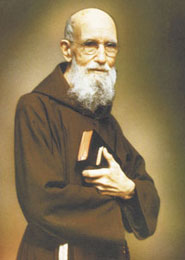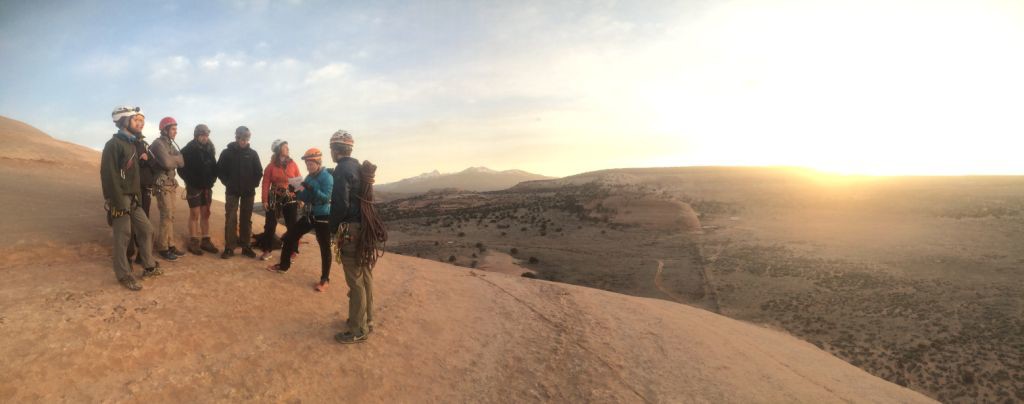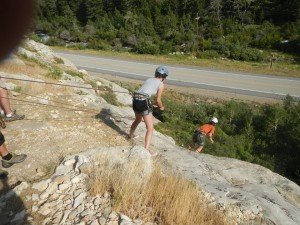Humility—What is it? Where is it? Who has it? How do we attain it? Let’s ask St. Benedict
What is humility? The dictionary defines it as: (noun) “modest opinion or estimate of one’s own importance, rank, etc.”
The opposite of humility is pride. Pride is defined as: (noun) “a high or inordinate opinion of one’s own dignity, importance, merit, or superiority, whether as cherished in the mind or as displayed in bearing, conduct, etc.”
Apparently, in this modern, self-absorbed world the pride factor has taken over. There used to be a slogan that said, “Sticks and stones can break your bones, but names can never hurt you.” It seems that slogan has been thrown into the dustbin of antiquity. The new slogan seems to be, “That was offensive. I demand an apology.” (or something like that).
It seems that more than half of the human race smothers itself to death with self-absorption. This condition may warrant a journey back in time to visit one of the greatest of Catholic saints; his name is St. Benedict of Nursia. Benedict’s work was so important in the evangelization of most of Europe that in 1964 Pope (now Saint) Paul VI proclaimed St. Benedict the Patron Saint of Europe.
Benedict authored the Benedictine Rule. Included in these rules are the Twelve Steps of Humility. Let us see what this saint has to say about humility. Since Benedict wrote in detail about each step, what follows will be a brief synopsis of each one.
Benedict introduced his Twelve Steps with this preface:
“Whoever exalts himself shall be humbled, and whoever humbles himself shall be exalted.” (Luke 14:11)
How to be Humble:
- Step one: The Fear of God. Man must keep the fear of God always before his eyes and never forget His commandments. The fear of God means reverence for God, and by offending God, we offend ourselves.
- Step 2: Not My Will, but Yours, O Lord (John 6:38). This means to be humble we must avoid taking pleasure in our own wants and desires but always strive to do God’s will before all else.
- Step 3: He was obedient even unto death (Philippians 2:8). Humility requires us to be obedient to authority which includes our parents, our priest, lawful authority, etc.
- Step 4: Embrace Suffering Patiently and Obediently. “For he that will save his life shall lose it: and he that shall lose his life for my sake, shall find it.” (Matthew 16:24-25)
- Step 5: Confess our sins and faults. This means we should regularly confess our sins to a priest through the Sacrament of Reconciliation.
- Step 6: Be content with lowliness. We should accept that we are sinful and frail and when left to ourselves we are not much, but to God we are of precious value — so much so that he suffered and died for us.
- Step 7: Understand our Interior Mediocrity. “It is a blessing that you have humbled me so that I can learn Your commandments” (Psalm 119:71, 73).
- Step 8: To Keep the Rule. This is to remind the Benedictines to keep the Rule of their Order. It reminds us to keep the rules of Holy Mother Church.
- Step 9: Silence and Solitude. We should always avoid speaking ill of others and try to embrace silence and solitude whenever God provides it for us.
- Step 10: Keep Your Peace in Times of Laughter. This pertains to us laughing and making fun of others, something we should never do.
- Step 11: Speak Calmly and Modestly. We should train our tongue so that the words we speak are foremost, pleasing to God and never
- Step 12: Everlasting Humility and Meekness. We should strive to live our lives, day and night, by bearing whatever problems or adversities we are experiencing thereby allowing God’s kindness and gentleness to shine through us.
Cardinal Rafael Merry del Val was Secretary of State to Pope (now Saint) Pius X. He wrote the famous Litany of Humility. We might pray that more people embrace the gift of humility. We certainly need more of it.
© 2018 Larry Peterson





